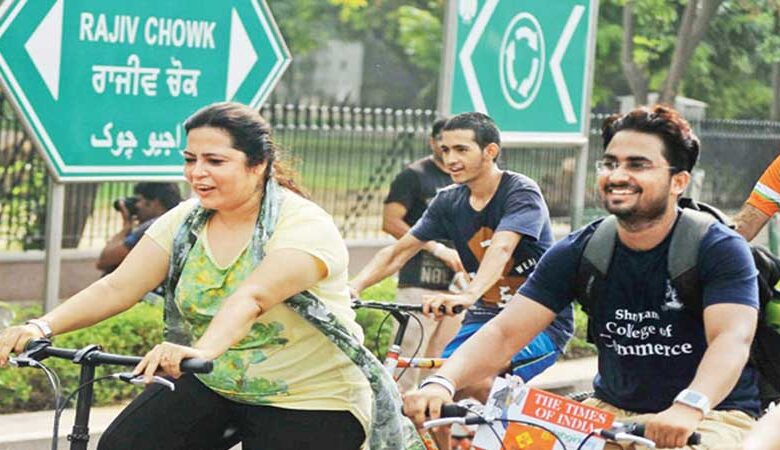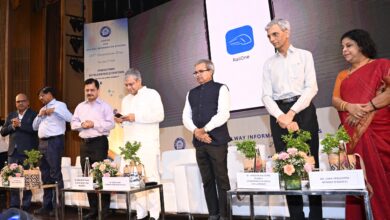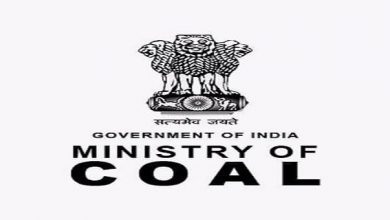Cycle Schools Push Towards ‘Zero Emissions, Zero Exclusion And Zero Road Deaths’
Organizations have been active since 2015 working on issues around Delhi NCR’s air pollution

Last week Connaught Place, Delhi, saw the launch of its very own Cycle School. Held at the Raahgiri Day event at Connaught Place, the Cycle School invited women from all walks of life for a session of fun learning. The initiative aimed to create a safe and supportive environment for women to learn and develop their cycling skills and then it made its way to Gurgaon at the Raahgiri Day at Vyaapaar Kendra.
The goal of these cycle schools is to bring together women who want to learn to ride and add their voices to the demand for a cycle-friendly city. The initiative is open to women of all ages and skill levels.
Cycling can be intimidating,especially for women who may feel like they’re not represented or welcomed in the cycling community. To change that by providing a safe and supportive space for women to learn and grow as cyclists, hopefully will result in more people starting to cycle for short distances instead of using private vehicles.
Cycle Schools is organized as a part of the efforts of the Sustainable Mobility Network and the Help Delhi Breathe collective. The sustainable Mobility Network consists of 30+ organizations with an overarching vision to adopt the triple zero approach and push towards ‘Zero Emissions, Zero Exclusion, and Zero Road Deaths’.
The network has been active since 2020 and has been working towards creating a more enabling environment for the shift towards clean, equitable, gender-sensitive and accessible transport. While Help Delhi Breathe is a collective of individuals and organizations active since 2015 working on issues around Delhi NCR’s air pollution.
The Cycle School also partnered with Cyclofit, a Noida-based bicycle company as their technical training partner to provide training support for participants. The network has previously anchored Cycle Schools, under the ‘Bengaluru Moving’ movement in Bangalore over the last 2 years providing cycling education programs for women with a focus on equal access, safety, and community engagement. After Having taught 200+ cyclists in Gurgaon and built the capacity of local organizations to take reins, the school now comes to Delhi NCR.
The sessions in Delhi & Gurgaon saw several women pedaling, learning how to balance and gaining confidence in their cycling skills with the help of trainers and volunteers.
“I never got the chance to ride a cycle as a child but always had the desire to learn. This seemed like an excellent opportunity for me to gather useful skills,” said a young participant. Another participant quoted that this was her first time attempting to cycle in her 60 years.
“We’re thrilled to launch the Cycle Schools in Delhi,” said Mallika Arya, Senior Campaigner at Help Delhi Breathe.
“As part of the network, we are excited to support this important initiative,” said Matrushi Shetty, BYCS. We believe that cycling is a transformative activity that can improve people’s health, happiness, and sense of community. We’re proud to help make that experience more accessible to women in Delhi”
About Sustainable Mobility Network:
Sustainable Mobility Network is a pan-India network of 20+ organisations with an overarching vision to adopt the triple zero approach and push towards ‘Zero Emissions, Zero Exclusion, and Zero Road Deaths’. The network has been active since 2020 and has been working towards creating a more enabling environment for the shift towards clean, equitable, gender-sensitive and accessible transport.
About Help Delhi Breathe
Help Delhi Breathe is an award winning initiative that has aimed to mobilize citizens on air pollution since 2015. Help Delhi Breathe, brings in new organizations, audiences, and new issue areas around air pollution to the forefront. In the past, Help Delhi Breathe has engaged with doctors, health practitioners, mothers’ groups, students, resident welfare associations and other set of partners shaped in a citizen-led coalition on city-level air pollution.
The writer of this article is Dr. Seema Javed, a known Environmentalist, Journalist and Communications Expert




